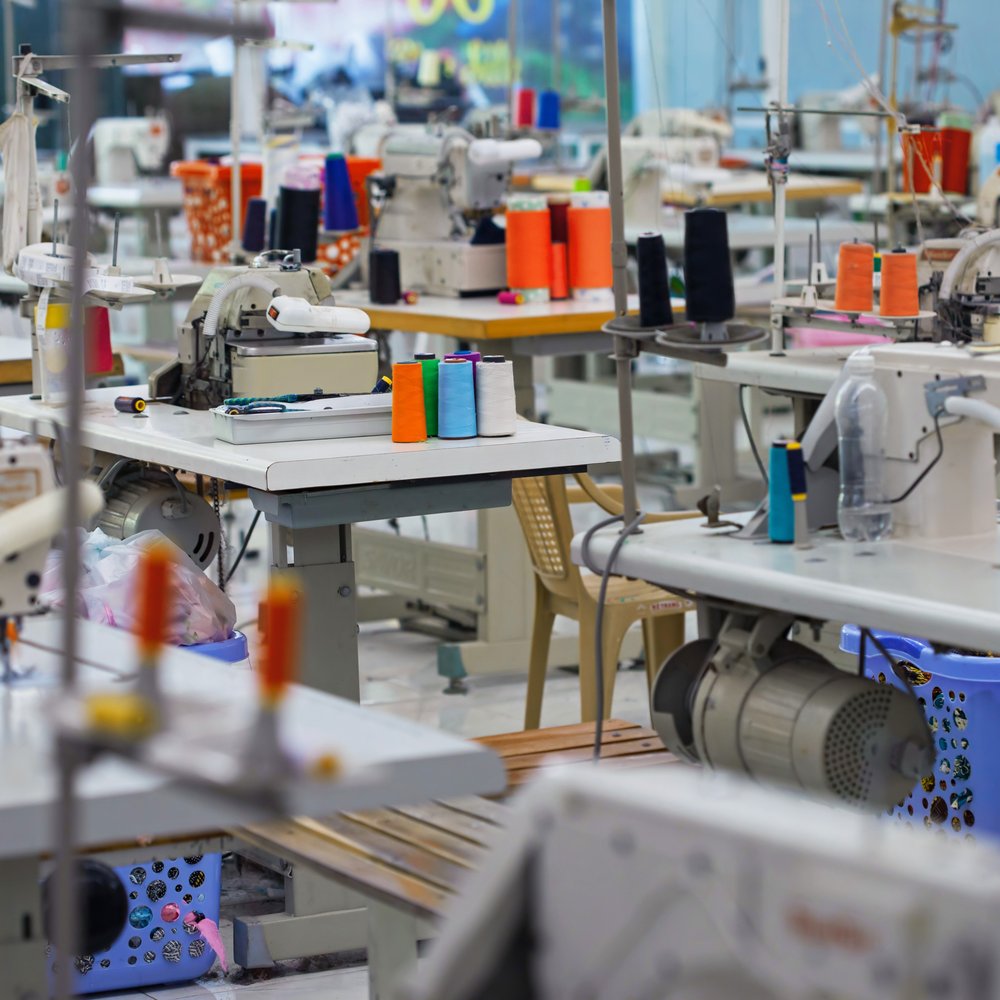Lack of Supplier Voice Could Thwart Sustainability Legislation’s Intent

Shutterstock (purchased)
As environmental and human rights legislation begins to reshape the contours of the supply chain landscape, one group of stakeholders is feeling left out of the whirl of activity taking place: apparel suppliers. Now they have words, not only for one another but also for the people who appear to be unilaterally making decisions for them.
“From what we understand, this is the first time that suppliers who are direct competitors when it comes to selling to some of the same customers and brands have come together to work on something that we recognize as a really salient issue,” Ilishio Lovejoy, ESG manager at Simple Approach, said at a press conference last week.
[...]
“It became apparent to me that I had a very minimal understanding of how these legislations were going to impact suppliers and the value chain throughout,” she said. Lovejoy soon found she wasn’t alone.
So Simple Approach reached out, first to the New York-headquartered Transformers Foundation, then to Hong Kong and Bangladesh’s Epic Group, Sri Lanka’s Norlanka Manufacturing and India’s Shahi Exports, along with German developmental agency GIZ’s FABRIC initiative. In partnership, they commissioned a report that would provide their fellow clothing suppliers with a better understanding of how they’ll be affected by discussions in the halls of power in the United States, the United Kingdom and the European Union, a.k.a. the global North. Yet the burden of any new laws, they say, will fall, for the most part, on the shoulders of those in the global South who are already disproportionately bearing the brunt of sustainability demands.
The problem made itself known from the get-go. Crowdsourcing helped identify at least 60 different legislations that would shake up their supply chains. Because of time and resources, the suppliers had to narrow things down to 12 based on their severity and applicability.
On Thursday the coalition released “An Apparel Supplier’s Guide: Key Sustainability Legislation in the EU, US and UK,” distilling their findings into a dozen fact sheets that cover a broad swath of liability hot spots from the U.S’s Uyghur Forced Labor Prevention Act to the U.K.’s plastic packaging tax to the EU’s corporate sustainability due diligence directive.
The report also identified some trends for suppliers. For one thing, they’re most likely going to face increased demands from their buyers for full supply chain visibility and traceability, which will result in increased reporting requirements and data requests. For another, they can expect stiffer codes of conduct and contract clauses from brands seeking to protect themselves from potential legal investigations and penalties.
[...]